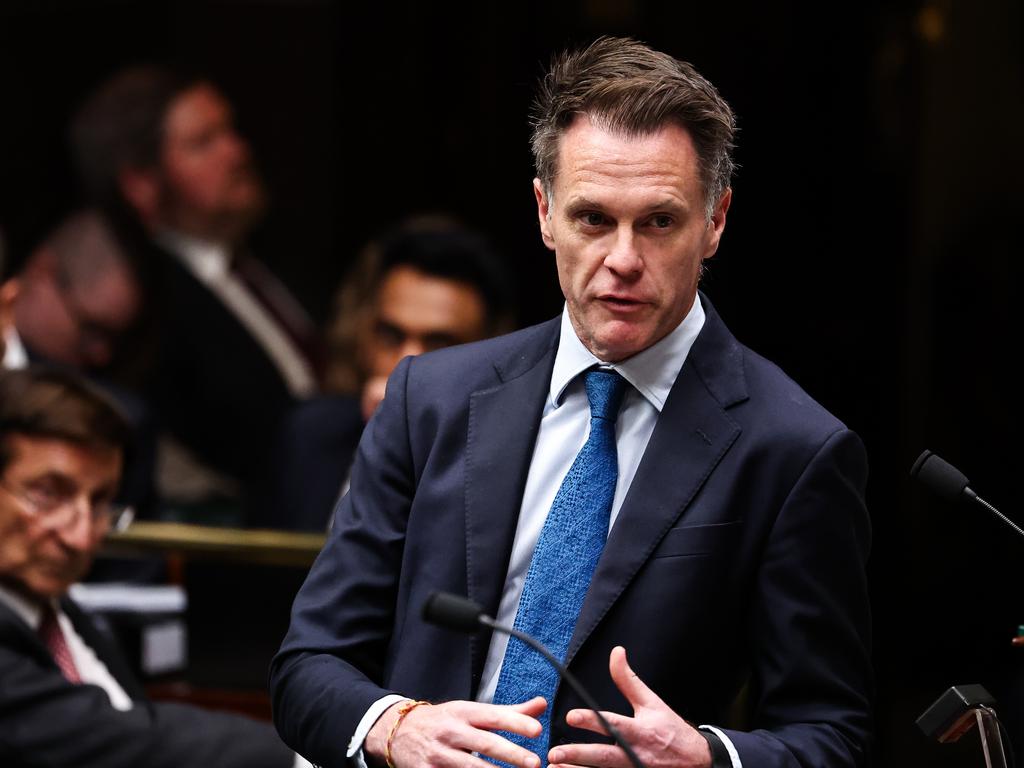Liberal Party now supports work from home
The Coalition will back dismantling barriers to working from home to help boost productivity, in a massive about-face on the agenda Peter Dutton took to the election.

The Coalition will back dismantling barriers to working from home to help boost productivity, in a massive about-face on the agenda Peter Dutton took to the election.
Opposition productivity and deregulation spokesman Andrew Bragg said the Coalition would encourage working-from-home arrangements to drive a more dynamic economy, going further than other senior MPs who have conceded it was a mistake to go to the election with a policy to ban the practice for federal public servants.
Senator Bragg’s vow to become a champion of working from home comes as the issue is being examined by the Fair Work Commission, and some bosses are pushing workers to commit to more days in the office. The leading NSW moderate backed a recent report by the Productivity Commission that argued working from home for part of the week was positive for both productivity and job satisfaction.
“It can be a very productive way for people to work, so we want to identify any barriers against people working from home in a productive way,” Senator Bragg said in an interview with The Australian.
“We want to lean in on that. We want to have the most productive workforce possible, so we want flexibility. Work from home supports productivity in most cases, so we want to make sure that that’s a viable option for people.”
Mr Dutton dumped his policy to force public servants to work from the office in the middle of the election campaign, blaming Labor for giving voters the impression the rule would also be enforced for the private sector. The policy was announced by former finance spokeswoman Jane Hume weeks ahead of the election being called in March. The now backbencher faced much of the internal blame for the backlash.
Senator Bragg will work closely with new industrial relations and small business spokesman Tim Wilson to design a workplace agenda aimed at taking advantage of the onset of artificial intelligence and other technological advancements.
With Labor under pressure from the unions to heavily regulate AI, Senator Bragg said the Coalition would take a “less is more” approach to regulating the sector. He said it had the potential to drive productivity especially in non-market sectors such as health, education and the public service.
“AI should clearly be at the centre of an economic agenda,” Senator Bragg said.
“Over the long run, technology has created more jobs than it has destroyed. I think we should lean into AI because it can help us be more productive. The government sees all these things as risks to be managed; I see them as opportunities for Australia.”
The Coalition’s deregulation and productivity agenda will also be focused on examining the efficacy of industrial relations laws, reporting compliance regulations, tax-compliance rules and superannuation requirements.
Mr Wilson said the small business agenda would be based on “minimising their tax burden, minimising their regulatory obligations and making sure that they are in the easiest position to be able to take risks on their own growth”.
The Goldstein MP said AI would be beneficial in the workplace if “workers choose to lean into it to improve their own productivity”. “I’m also looking more clearly at the future of where the workplace is heading,” Mr Wilson told The Australian.
“Once upon a time, there might have been a power dynamic between the employer and the employee. It is very clear to me, and exciting to me, that there is a (new) balance of power these days between particularly skilled workers and employers.
“The future of work is going to be a balance of salaried arrangements, equity and side hustles, and (workers) may not be wanting to be isolated to one employer.
“This creates an environment of partnership in a way that we probably haven’t seen in the workplace.”
He added that the industrial system should encourage “graduation from solely salary to ownership opportunity”.
The Coalition railed against Labor’s industrial relations reforms in the last parliament but Mr Dutton ran dead on the issue at the election, vowing to keep in place contentious multi-employer bargaining and same, job same pay laws. Mr Wilson said it was too early to say what Labor workplace reforms he would pledge to unwind if the Coalition won the next election, due in 2028. But he said there needed to be a clear alternative offered to voters on the issue.
“The key thing for the Coalition in this term will be not just to identify what is wrong with Labor’s agenda, but it’s going to be how we’re going to develop an alternative for the workplaces of the 21st century,” he said.
“Obviously there was criticism, but then we have an obligation to put something forward.
“That was manifestly a problem across the board with a lot of policy at the last election.”





To join the conversation, please log in. Don't have an account? Register
Join the conversation, you are commenting as Logout